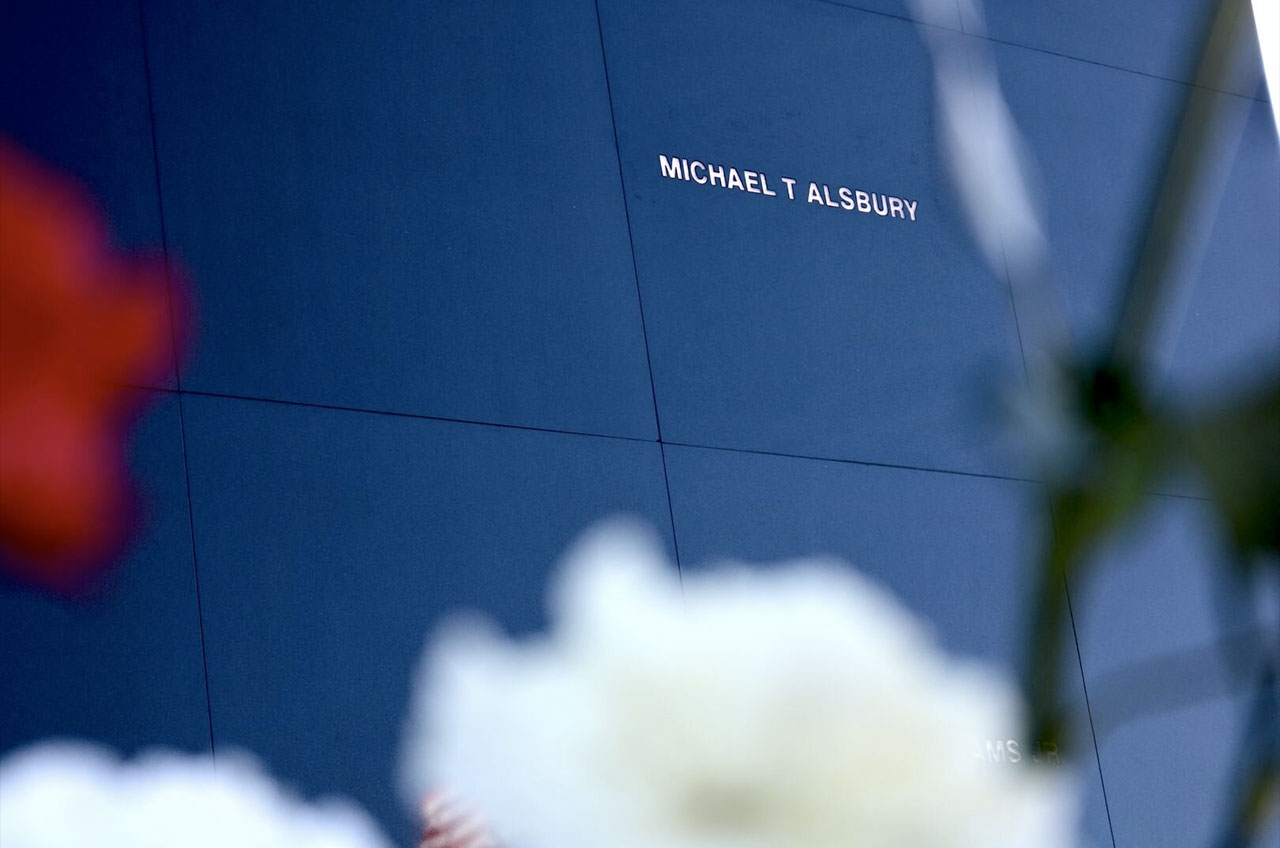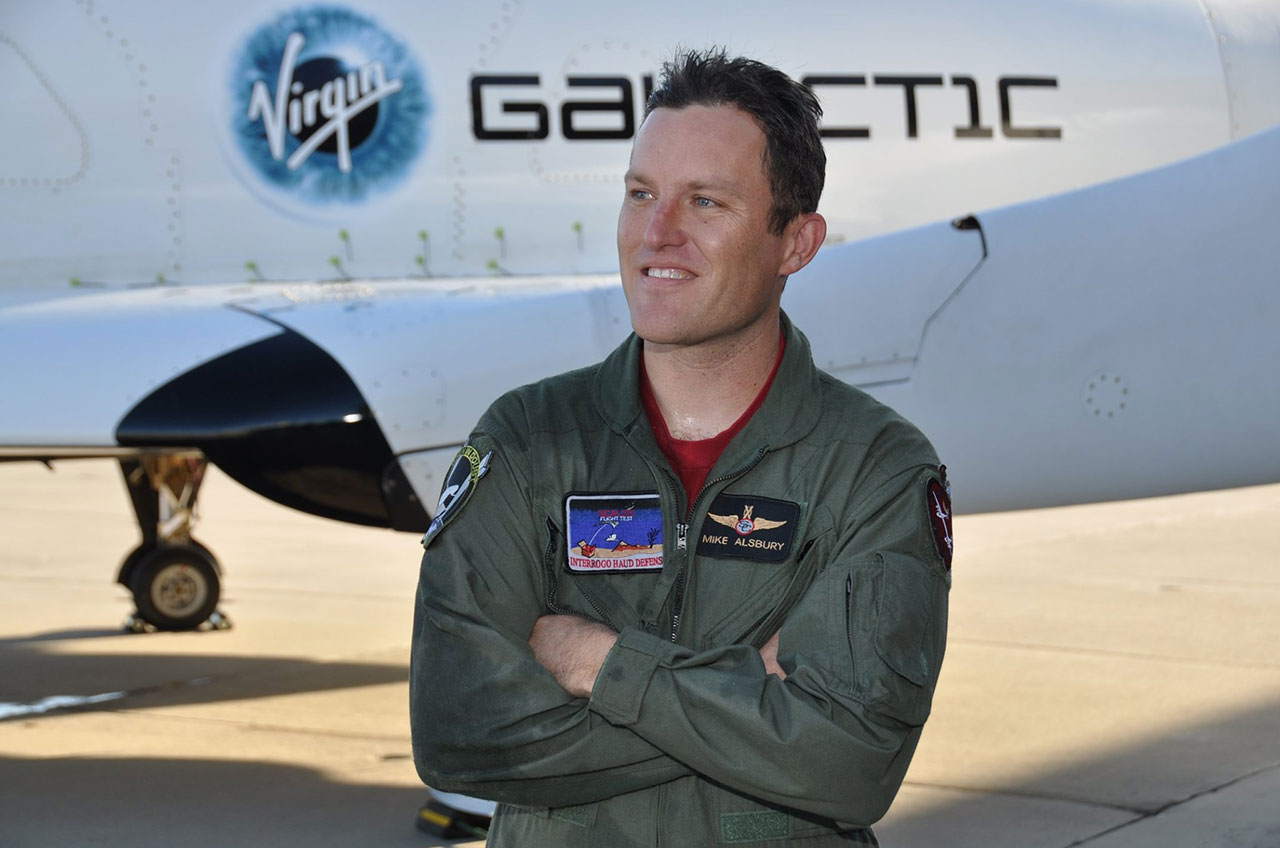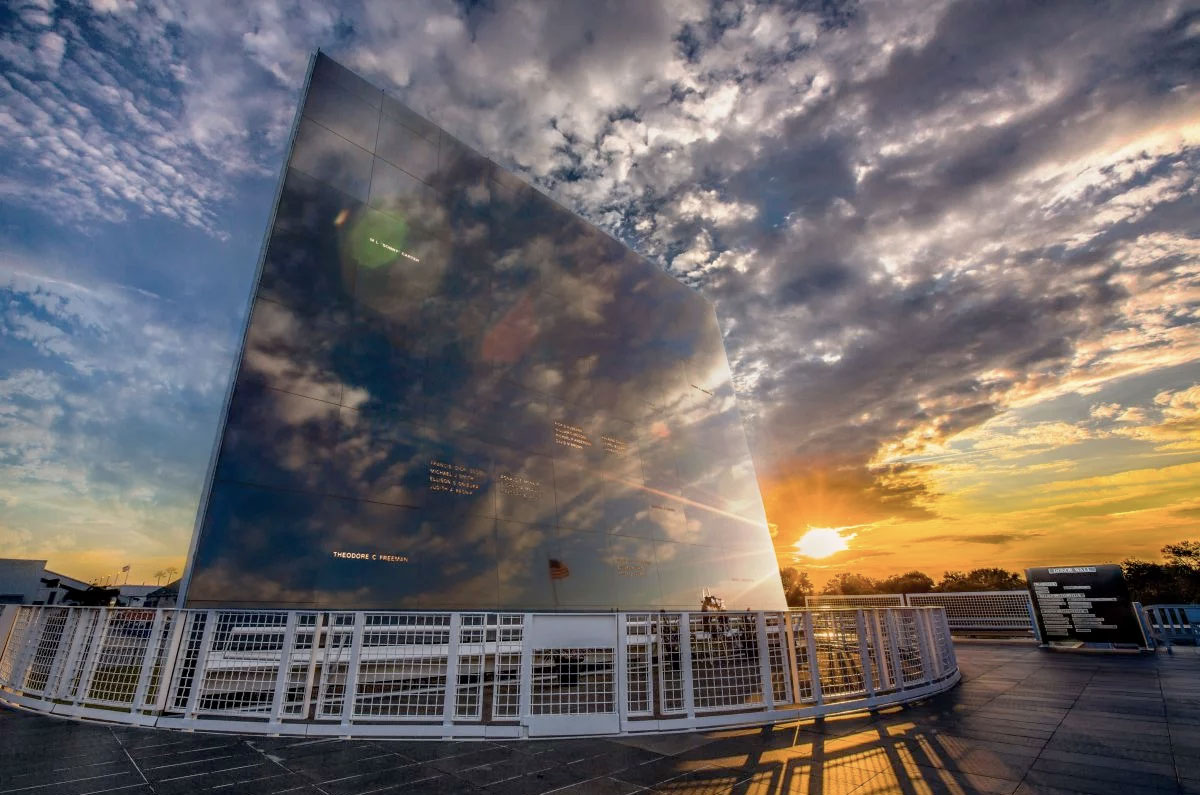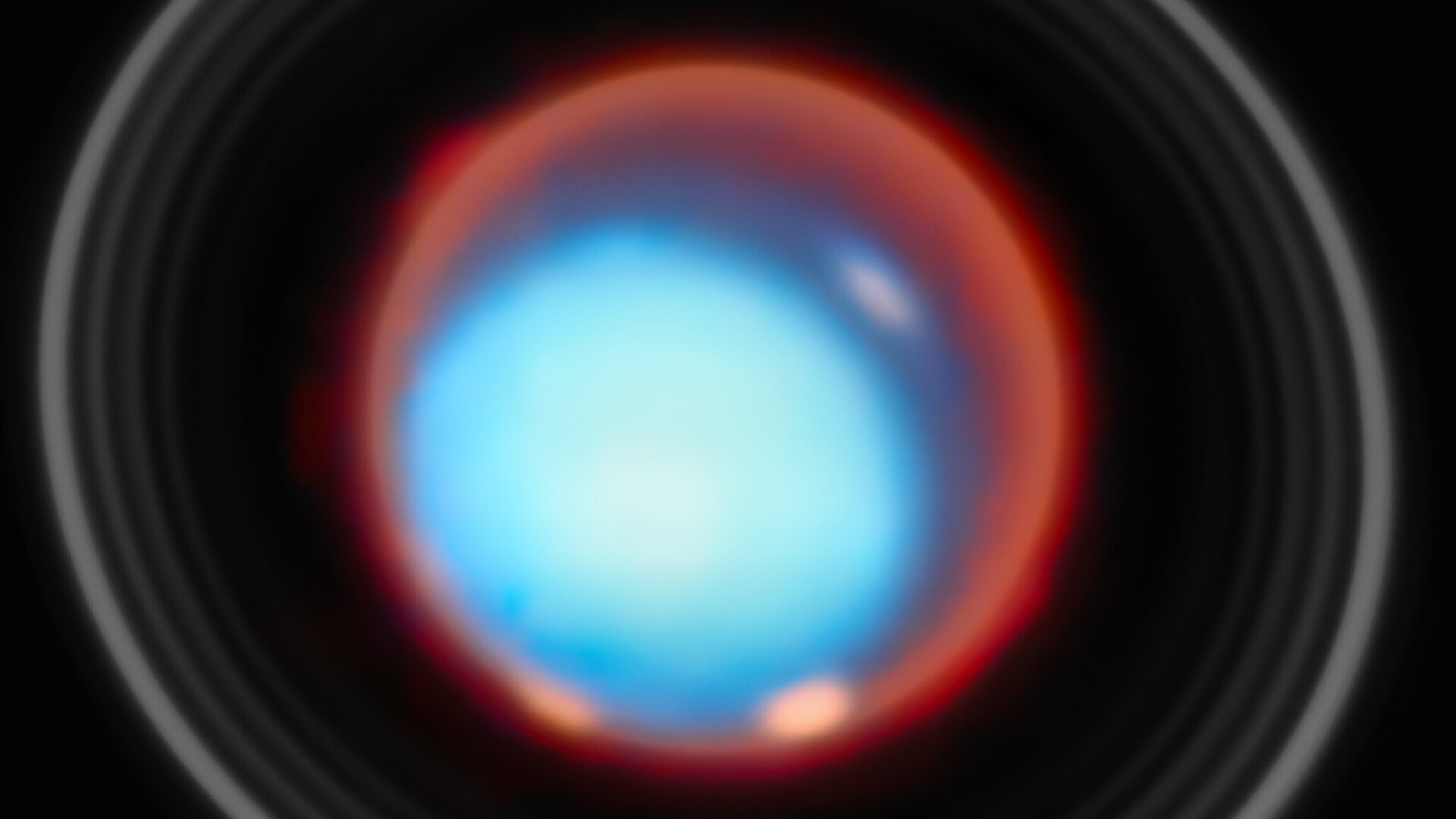Fallen SpaceShipTwo pilot's name added to Space Mirror Memorial

Breaking space news, the latest updates on rocket launches, skywatching events and more!
You are now subscribed
Your newsletter sign-up was successful
Want to add more newsletters?

Delivered daily
Daily Newsletter
Breaking space news, the latest updates on rocket launches, skywatching events and more!

Once a month
Watch This Space
Sign up to our monthly entertainment newsletter to keep up with all our coverage of the latest sci-fi and space movies, tv shows, games and books.

Once a week
Night Sky This Week
Discover this week's must-see night sky events, moon phases, and stunning astrophotos. Sign up for our skywatching newsletter and explore the universe with us!

Twice a month
Strange New Words
Space.com's Sci-Fi Reader's Club. Read a sci-fi short story every month and join a virtual community of fellow science fiction fans!
A name has been added to the U.S. national memorial for fallen astronauts, honoring the first commercial spacecraft pilot to die in the pursuit of opening spaceflight to the public.
Michael Alsbury was remembered on Saturday (Jan. 25) as his name was unveiled on the Space Mirror Memorial at NASA's Kennedy Space Center Visitor Complex in Florida. Alsbury died in 2014 during a test flight of Virgin Galactic's first SpaceShipTwo suborbital spaceplane.
A ceremony held by the Astronauts Memorial Foundation (AMF) included tributes from Alsbury's fellow SpaceShipTwo pilots Frederick "CJ" Sturckow and Doug Shane, as well as Commercial Spaceflight Federation chairman Taber MacCullum and former NASA astronaut Eileen Collins, who is a member of the AMF board.
In Photos: Virgin Galactic's SpaceShipTwo Unity Soars to Space in 4th Test
Alsbury's name was revealed carved into one of the 90 polished black granite plates that form the memorial's surface. Like the 24 other names emblazoned on the monument, Alsbury's name, which was added to the lower right of the Space Mirror, glows by the light continuously projected from behind the 42.5-foot-tall by 50-foot-wide (13 by 15 meter) wall.
Alsbury died on Oct. 31, 2014, in the crash of Virgin Galactic's first SpaceShipTwo vehicle, the VSS Enterprise. The 39-year-old Scaled Composites' test pilot was serving as co-pilot on what was his ninth SpaceShipTwo flight when, according to the National Transportation Safety Board (NTSB), he prematurely deployed the spaceplane's feather braking mechanism.
Alsbury died and pilot Peter Siebold was severely injured as the vehicle broke apart over the skies of the Mojave Desert in California.
Breaking space news, the latest updates on rocket launches, skywatching events and more!
Recovering from the tragedy, Virgin Galactic made changes to the feather-deploy controls and moved construction of the next SpaceShipTwo to its own subsidiary, The SpaceShip Company. In 2018, the VSS Unity reached space for the first time, earning its pilot and co-pilot commercial astronaut wings from the Federal Aviation Administration (FAA).
Virgin Galactic is now nearing the start of commercial operations to fly tourists and scientists on suborbital spaceflights from Spaceport America in New Mexico.
Alsbury was the 20th person to die during a space mission or test flight, along with four Russian cosmonauts, 14 NASA astronauts and a U.S. Air Force pilot. The nine additional names on the Space Mirror represent U.S. astronauts and crew members on U.S. spacecraft who died during training or aircraft accidents.
The Astronauts Memorial Foundation, which maintains the Space Mirror, voted in July 2019 to include commercial or private astronauts on the memorial. Sturckow, a former NASA astronaut and current pilot for Virgin Galactic, assisted the foundation in developing new criteria that led to the addition of Alsbury to the monument.
"The AMF board feels Michael's contributions are worthy of remembrance, as he gave his life in the furtherance of the mission of space exploration," Collins said in a statement. "Michael's life story will be remembered by future generations and be an inspiration to those who seek to explore the unknown."
Astronauts memorialized on the Space Mirror include the crews of Apollo 1, Challenger's STS-51L mission and Columbia's STS-107 flight; NASA pilots Charles Bassett, Theodore Freeman, Elliot See and Clifton "CC" Williams; U.S. Air Force pilots Michael Adams and Robert Lawrence; and space shuttle mission specialist ML "Sonny" Carter.
The Space Mirror Memorial does not include every U.S. astronaut who died in accidents while in service to U.S. efforts in space. The monument omits Apollo-era astronaut Edward Givens, who died in a car crash, and shuttle-era astronauts David Griggs, Patricia Hilliard Robertson and Stephen Thorne, who were lost in commercial or private aircraft accidents. The AMF limits the Space Mirror Memorial to astronauts who perished in U.S. government-sponsored missions or training activities.
The AMF, together with NASA, holds annual ceremonies at the Space Mirror to honor everyone who has died in the pursuit of space exploration. This year's NASA Day of Remembrance public event is scheduled for Thursday (Jan. 30).
- Virgin Galactic SpaceShipTwo Crash: Full Coverage and Investigation
- Columbia Space Shuttle Disaster Explained (Infographic)
- The Space Shuttle Challenger Disaster: What Happened? (Infographic)
Follow collectSPACE.com on Facebook and on Twitter at @collectSPACE. Copyright 2020 collectSPACE.com. All rights reserved.

Robert Pearlman is a space historian, journalist and the founder and editor of collectSPACE.com, a daily news publication and community devoted to space history with a particular focus on how and where space exploration intersects with pop culture. Pearlman is also a contributing writer for Space.com and co-author of "Space Stations: The Art, Science, and Reality of Working in Space” published by Smithsonian Books in 2018.
In 2009, he was inducted into the U.S. Space Camp Hall of Fame in Huntsville, Alabama. In 2021, he was honored by the American Astronautical Society with the Ordway Award for Sustained Excellence in Spaceflight History. In 2023, the National Space Club Florida Committee recognized Pearlman with the Kolcum News and Communications Award for excellence in telling the space story along the Space Coast and throughout the world.



